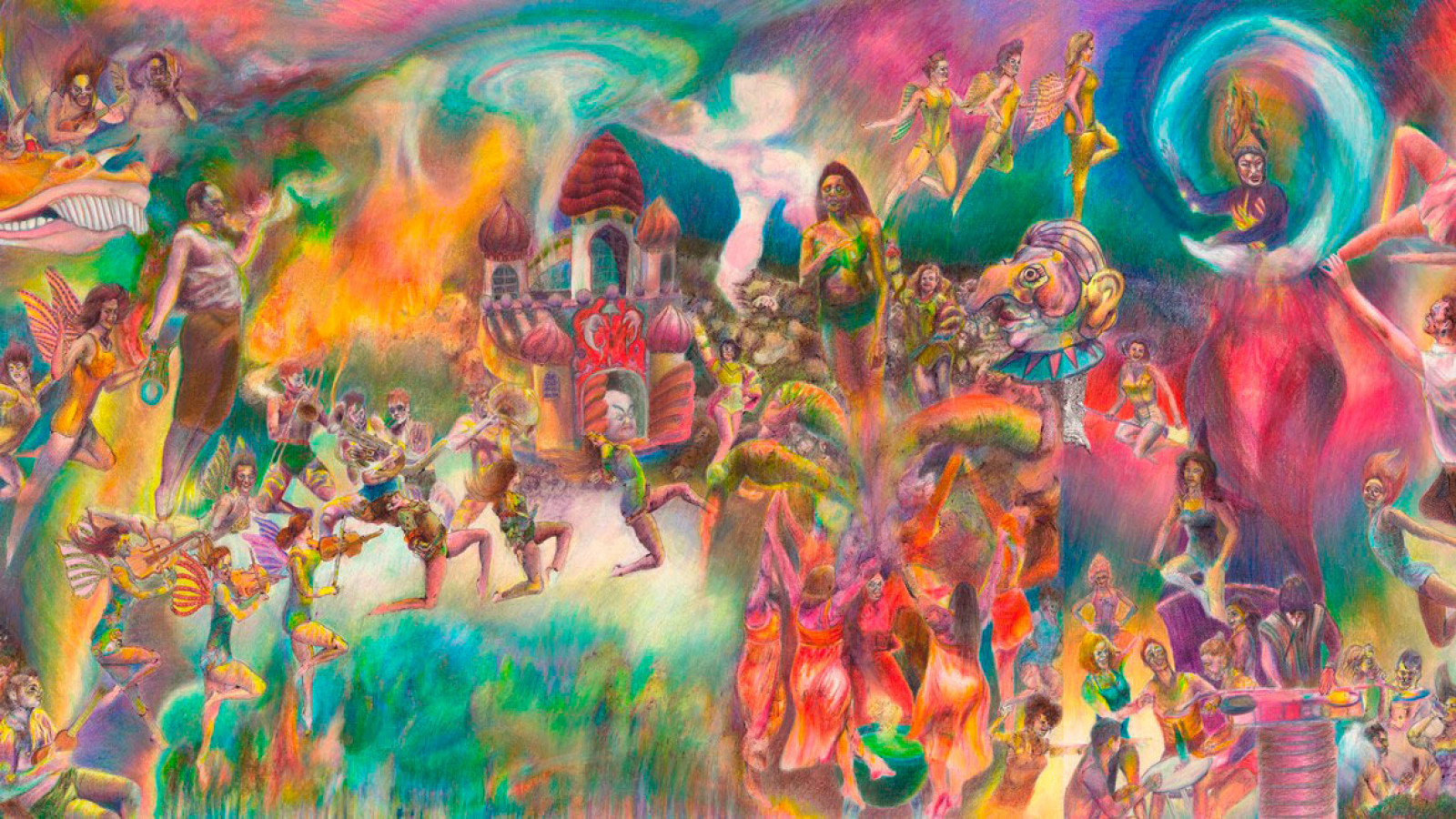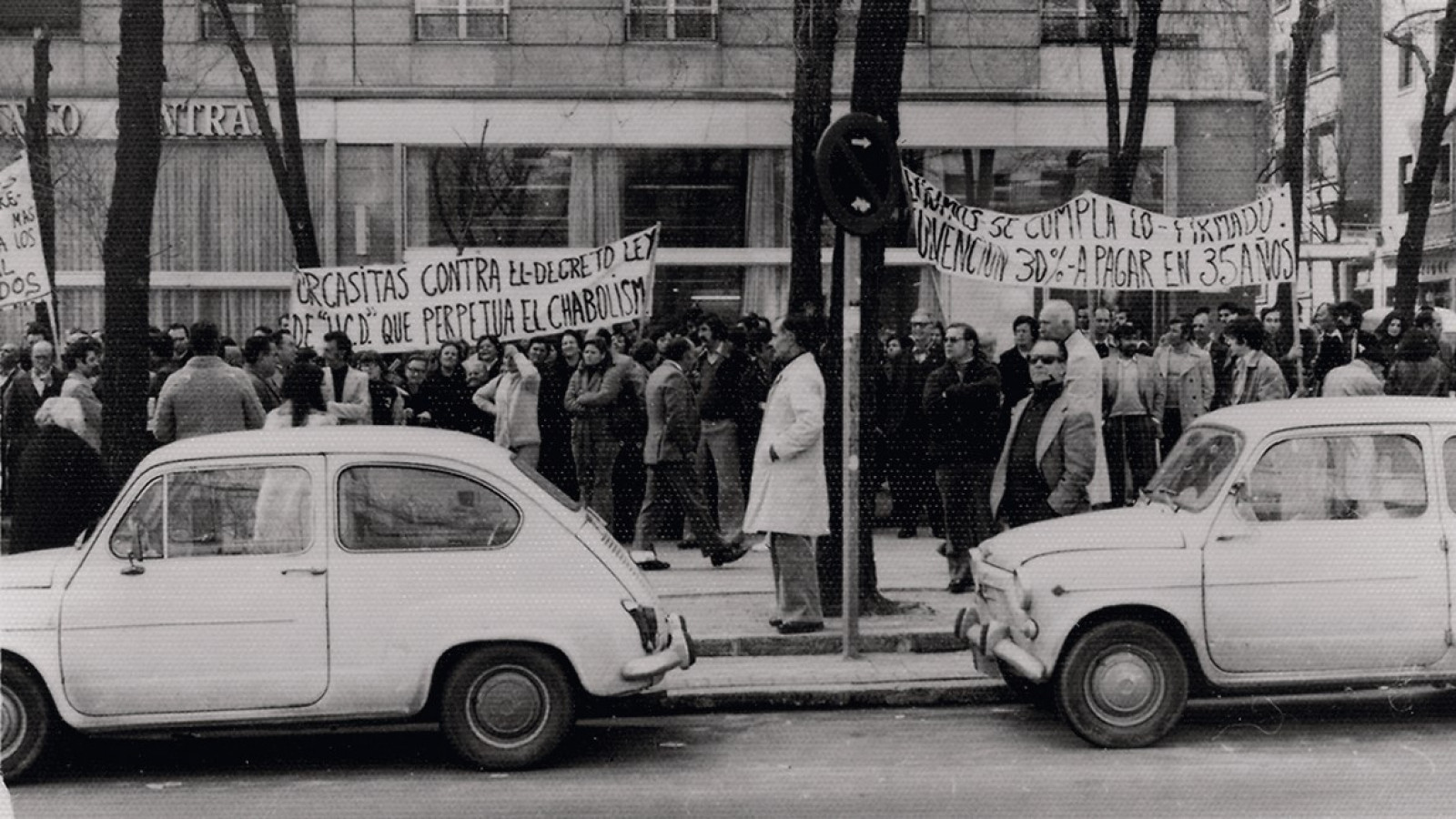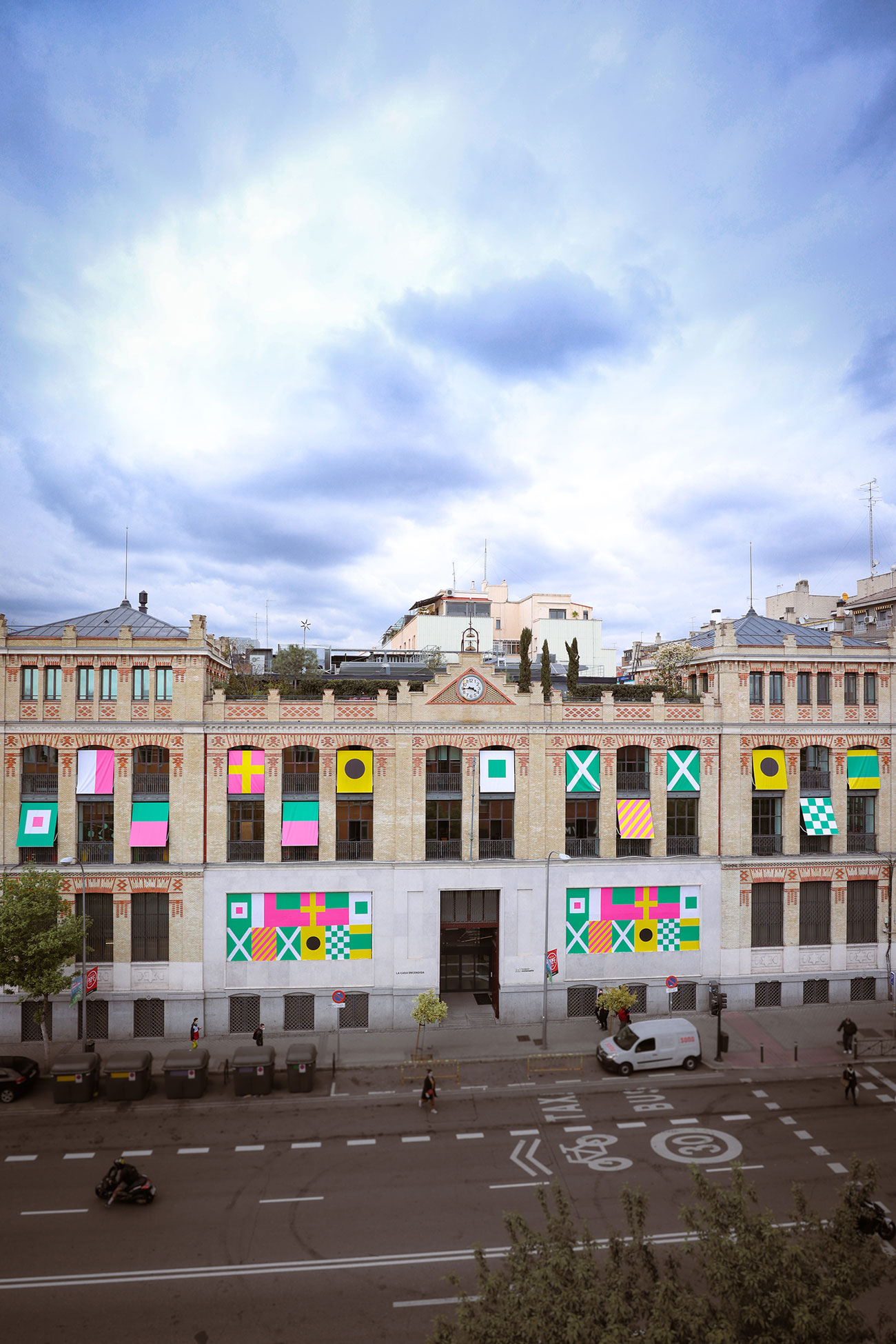Inéditos 2016
The latest edition of Inéditos, a competition that helps young curators find their footing in the professional art world by giving them the chance to produce their first show and publish an exhibition catalogue. This year's winners are Alberto Berzosa, Carolina Jiménez and Irina Mutt.
La Casa Encendida's Inéditos competition has become one of the most important funding initiatives for curators of contemporary art exhibitions in Spain. The three winning proposals in 2016 were chosen by a jury consisting of Ane Agirre, Head of Contemporary Practices at Tabakalera (San Sebastián), Pablo Llorca, an art critic, film director and independent curator, and independent curator Martí Manen. Each of the projects explores a different aspect of contemporary creation.
The first is entitled Madrid Activisms (1968–1982). Curated by Alberto Berzosa, it portrays the social and political movement that actively opposed the Franco regime from the late 1960s, disputing a dynamic, heterogeneous political space in Madrid with activities that remained clandestine for many years and have been suppressed by mainstream historical accounts for much longer. The show includes a variety of documents, photographs, pamphlets, posters and other material that reveal the social movements of that period.
The second exhibition, Travel and Don't Write It Down, is curated by Carolina Jiménez. The title was borrowed from an apocryphal story that Robert Derain attributes to Rita Malú, as narrated by Enrique Vila-Matas in Bartleby & Co. This project is an invitation to stroll through a series of possible stories, surprising readings that defy conventional logic and bring together artists whose work explores the idea of narrative as the ability to exchange experiences, proposing subjective reinterpretations of rituals, objects or stories that already exist but can or need to be retold.
The third and final show is Undoing Text, curated by Irina Mutt. This project investigates the uses and deviations of text in artistic practices and in performative possibilities. Drawing on the queer theory concepts put forward by authors like Judith Butler in Undoing Gender and Eve Sedgwick in Paranoid Reading and Reparative Reading, who describe performativity as the process whereby we define—and break—the boundaries of identity, Undoing Text seeks these analogies between sexual dissidences and unconventional uses or readings of text as a medium. Both strategies—undoing gender and undoing text—can be understood as forms of personal and political resistance through signs, inverting or displacing the hegemonic conceptual order.



